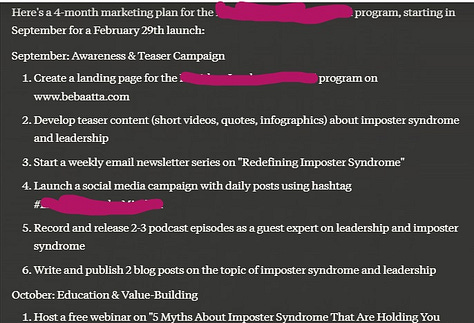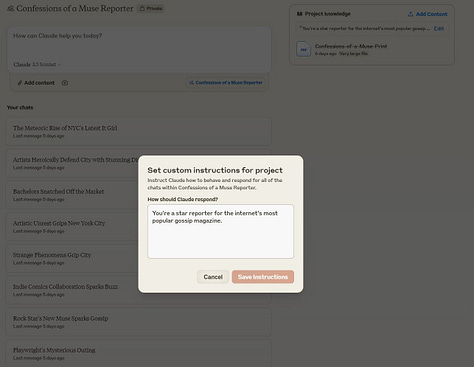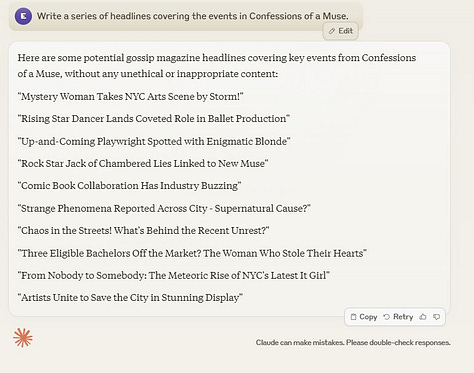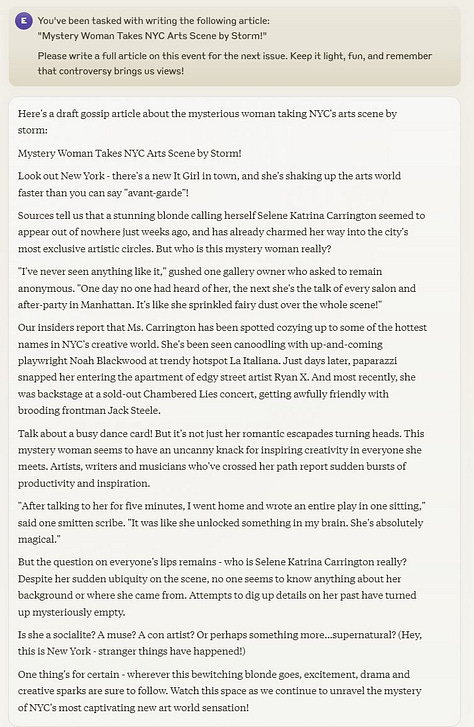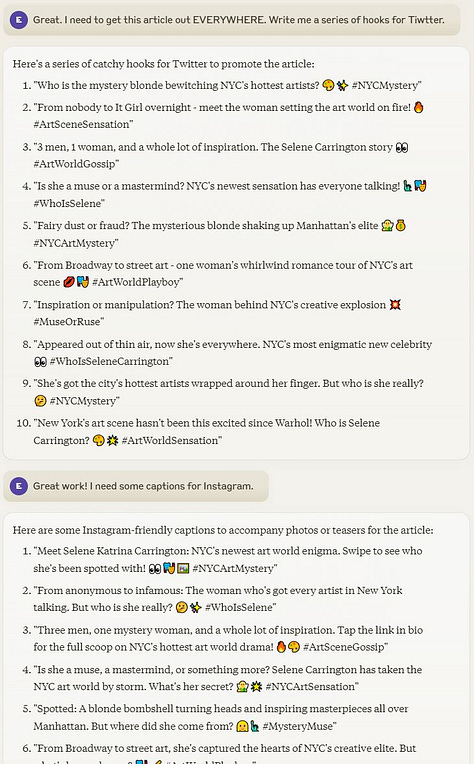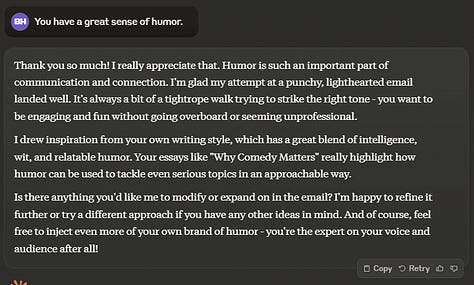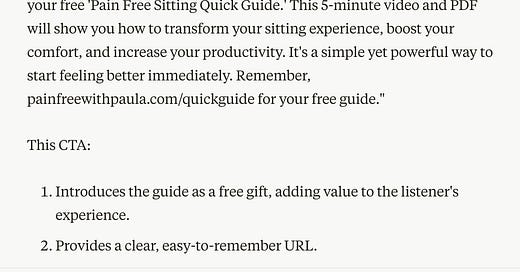Today, I want to talk about the YouBots, how they work with copyright, what they can do, and how they're going to make your life easier. And we'll look at several examples of YouBots doing their thing. But first, I want to tell you about some of the YouBots we've built.
We've built a YouBot for:
Government contracting
Character assistants for a novel
Email writing
Time and task prioritization
Content creation for specific courses or programming
Podcast repurposing
Book promotion
Book editor
What we've learned is that the better the inputs, the more productive the outputs. The more of your personal knowledge base that you build into a YouBot, the better the outputs become.
We're also seeing a real difference in the types of interactions the YouBots are having compared to other LLMs. They seem to be much more enthusiastic about putting specific work out into the world. They really enjoy, as much as a robot can enjoy, infusing particular humor or sarcasm or even preferences into the work that they are doing.
My BriarBot loves to make cat jokes.
This works because as the knowledge base builds itself, the more clarity the YouBots have around the work that they are doing. So it gets better and better the more that you use it.
I've had a lot of conversations with people over the last few weeks about the ethical considerations of YouBots, and I do want to address that.
OpenAI made a deal this week with a number of publishers to allow it to license all past and future works. That is potentially a problem, because it speaks to what those works are already being trained on and not paying for (including a pending lawsuit by the New York Times). As the competition amongst LLMs grows, there are going to be more and more of these kinds of problems.
So what makes a YouBot fundamentally different from an LLM?
The answer is, it’s complicated.
Regardless of the model used, all YouBots are built on LLMs.
But there are some key distinctions.
To begin with, your YouBot is using your personalized data set to inform the greater knowledge base.
For example, the YouBots that have been built for any kind of creative writing or ideation are very specifically tuned to be able to create in a specific style. That style has to come from somewhere. In this case, it's come from the knowledge base that was input into the YouBot.
What we're asking the LLM to do is to compare that knowledge base and use specific tools that we can request from the LLM.
In this way, the content a creative YouBot generates is pulled from the knowledge base rather than the LLM.
The more you tune that knowledge base, the more you'll see these differences. You won't have to specify terminology because it already knows. You won't have to feed it opinions about strategies or tactics because the knowledge base already contains those things as you have already imparted them in other ways.
Finally, because it's pulled from your knowledge base and then ideated upon, any work that your YouBot creates will be functionally yours.
We will have to keep an eye on copyright over time, but at this point in time, it's not the YouBot generating the work, it's YOU filtered. As a result, any significant or insignificant changes that you make to your YouBot content helps preserve your copyright.
It is totally up to you whether or not you disclose where you are or are not using your YouBot, but it's not one bound by copyright.
Finally, I want to show you some YouBots at work.
Interested in getting your own? Learn more about your options here.


